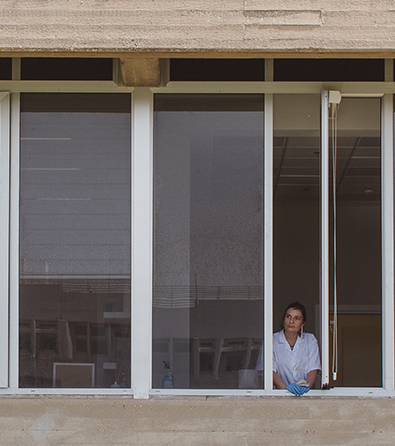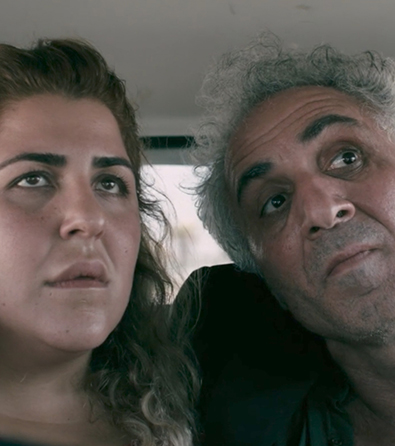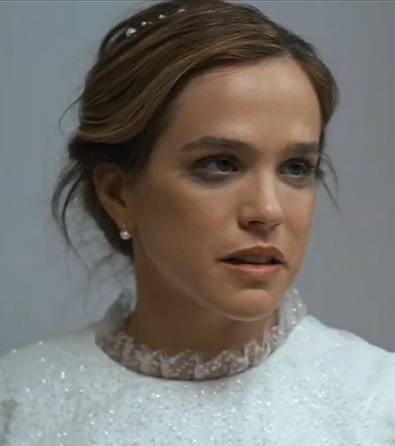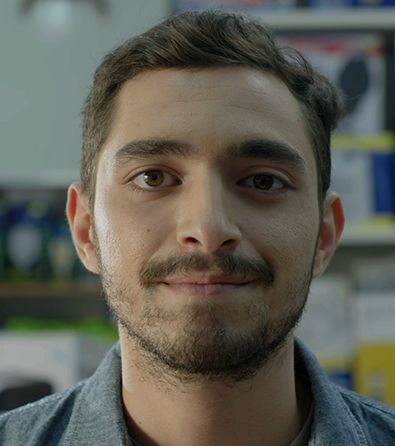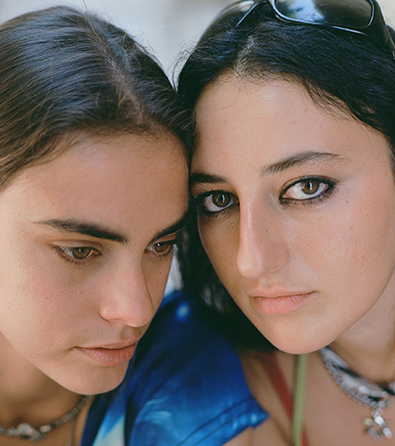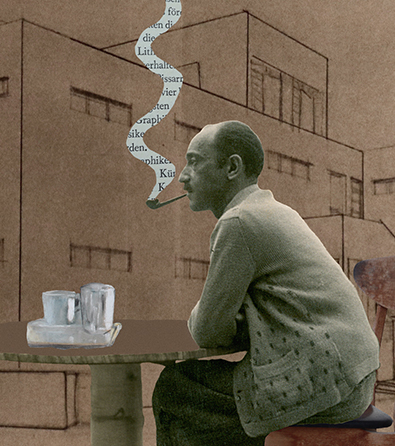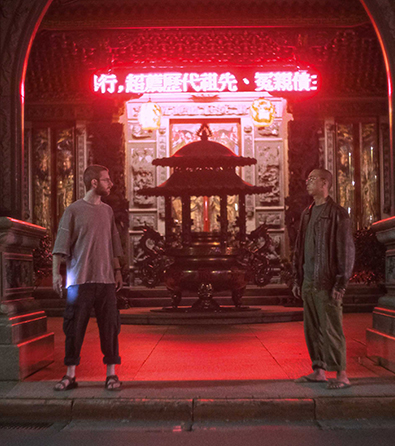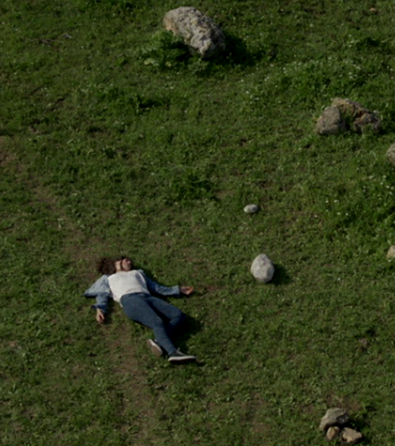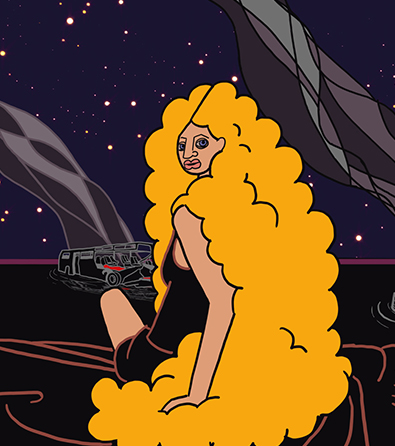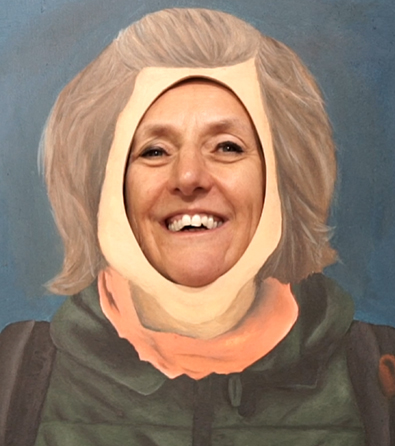The short documentary film Dad’s Camera (37 minutes) is available at the top of the page.
* To watch this film, please approve YouTube/Vimeo cookies via the blue cookie icon at the bottom left of the screen.
Efrat Lipshitz, a filmmaker and editor, presents a personal and touching story in the short documentary Dad’s Camera. The film deals with Lipshitz’s efforts to reignite her father’s passion for cinematography. The late Uri Lipshitz – a cinematographer and stills photographer, head of the video department, and a teacher at the Bezalel Academy of Arts and Design – had to quit his passion due to a stroke. She encourages him with determination to use the camera again, fostering in herself and the viewers the hope that engaging in cinematography will reawaken his creative spirit and illuminate the darkness that surrounded his life since the stroke.
Dad’s Camera, produced in 2022, uses the language of cinematography in a poetic and extraordinary way to reveal the inner world of its characters. Lipshitz enlists the help of her mother to motivate her father to engage with his camera as part of his daily routine, refusing to let him retreat into his isolation. The camera becomes a visual monitor of his physical and mental state, with the background sound filled with conversations between Lipshitz and her mother about their father and their shared moments. The connection between the sound and her father’s shaky and blurred cinematography, searching for a subject and object to capture, gives the film a layered emotional depth. As the film progresses, the father’s cinematography skills improve, symbolizing a glimmer of hope in his journey of recovery.
In the film, the camera transcends its traditional role and evolves into a dynamic character that creatively captures the shared journey of Lipshitz and her father. The focus and movement of the camera are not just technical elements, but powerful narrative tools. Recorded conversations are integrated into an abstract visualization to create a rich narrative of a family grappling with the father’s impending death. This artistic approach invites viewers to connect with the film on a personal level and interpret it through their emotional lens. The camera thus becomes a silent – yet expressive – observer of the deep bond between Lipshitz and her father, capturing moments of vulnerability, resilience, and unspoken love.
The film also looks back through family video clips: Lipshitz’s childhood memories with her father, where he is full of humor and patience as he plays with his daughters in making films and teaches young Lipshitz to use the camera; in these past clips, she films her father and her older sister. This retrospective directly links to Lipshitz’s efforts to revive treasured memories in her father’s mind, showcasing the familiar role reversal where the younger generation begins to care for their aging parents.
The film captures the approaching death of her father and her mother’s sense of lost opportunities, having spent years overshadowed by illness. As we watch from Lipshitz’s perspective, she listens to her mother, who shares the severity of her father’s medical condition. In a retreating shot, Lipshitz portrays the hospital corridors, symbolizing her retreat from the harsh reality of her father’s terminal diagnosis. Emotionally overwhelmed, she listens and weeps. The camera persistently seeks a ray of hope in the sterile confines of the hospital. As the film draws to a close, the focus shifts to the darkness of the hospital room at night, where Lipshitz spends the final moments with her father.
Dad’s Camera offers a profound reflection on the role of a parent that goes beyond mere caregiving. The film delves into a parent’s ability to ignite a flame of curiosity and creativity in their children – a spark that can develop as the child grows, serving as a source of inspiration and guidance in moments of uncertainty or difficulty. This legacy of nurturing and imaginative parenting, exemplified by Lipshitz’s father, comes full circle as their roles reverse. Lipshitz tenderly and lovingly returns to her father the spark he instilled in her, embodying the deepest and most compassionate aspects of parental love.
The film was produced as part of the bachelor’s degree in film studies at the Minshar School of Art.
The short documentary film Dad’s Camera is available to watch at the top of the page.



